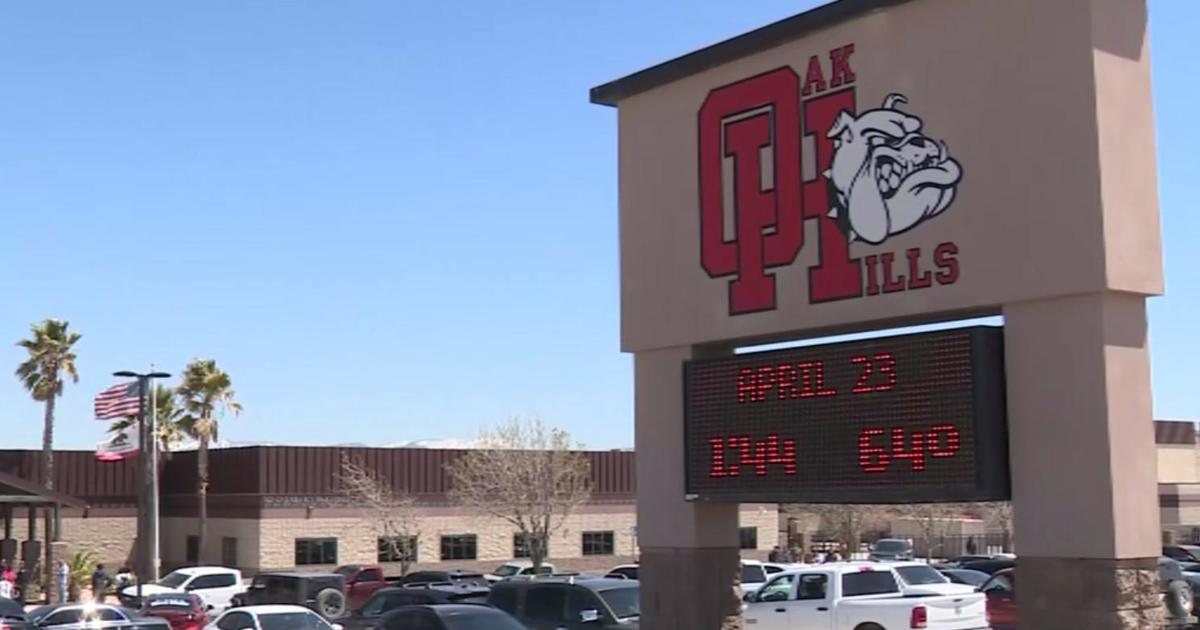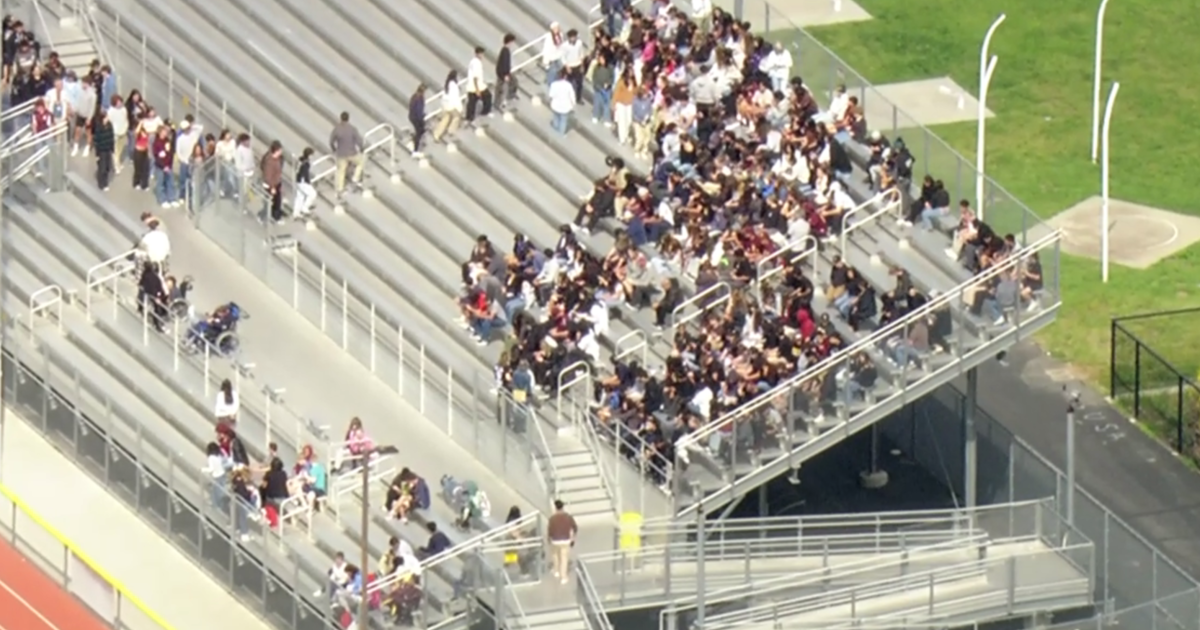On Your Side: Teaching financial literacy in high school
A new study by Ramsey Solutions found that 88 percent of American adults do not think high school prepared them to handle money in the real world. One local nonprofit is working to change that.
Nearly one in five young adults between 18 and 24 years of age have debt in collections. And experts say many of them are in that situation because they simply do not understand how credit works.
Volunteer bankruptcy and restructuring attorneys are trying to change that at the high school level. They're with a non-profit organization called CARE: Credit Abuse Resistance Education.
"We have all seen firsthand what happens when young adults do not learn financial literacy. They come to our courts, they come to our offices, they are our clients," said bankruptcy attorney Jeff Pomerantz.
The local chapter of CARE formed in 2018 and has since reached about 5,500 students.
We watched their presentation at Alliance Marine School, where students are taught about credit and debit card usage, interest rates and late fees.
"Buying an iPhone, if you bought it and made a minimum payment, my favorite line is you'll be paying off the iPhone 14 when the iPhone 19 comes out," said Pomerantz.
Students are also taught how to get and keep good credit, explaining credit as something akin to an adult report card.
A just-released study by Ramsey Solutions found that only 17 percent of American adults polled took a personal finance class in school. And 72 percent responded that they would be further ahead with their money had they taken one.
"Which is why I also think it's very important that parents are more comfortable with talking about managing their money with their kids," said Sona Melikyan, a high school junior. "Because eventually one day they're going to grow up and they're not going to know anything."
We asked students what misconceptions they had about finances.
"I really underestimated fees. I didn't think there were so many and that they could have such a big impact," said Melikyan.
"I didn't really realize just how far-reaching your credit score is," said high school junior Lucas Balbuena. "I didn't realize that even landlords and employers would look at your credit score."
There is a bill that was introduced earlier this year in Sacramento that would make it mandatory for California public high schools to offer a financial literacy course by the 2025-26 school year. If it passes, it would also make it a graduation requirement by 2029.
To request a presentation or to volunteer, visit CARE Los Angeles or contact Jeff Pomerantz at jpomerantz@pszjlaw.com.




